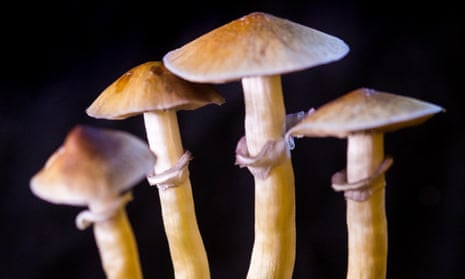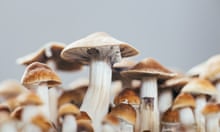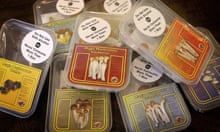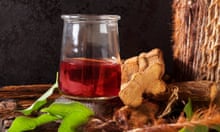Researchers have identified a psychedelic that doesn’t trigger hallucinations, a key discovery that could allow scientists to accelerate the development of easy-to-use treatments for mental health and neurological conditions.
Researchers are racing to harness the therapeutic potential of psychedelics for poorly treated conditions such as depression and PTSD. While antipsychotics typically work by altering brain chemistry, psychedelics appear to promote neural plasticity, essentially allowing the brain to rewire itself.
But the psychedelics being tested as treatments currently require supervision before, during and after administration, due to their hallucinogenic properties. Critics also worry that the medical use of psychedelics could promote the recreational use of these drugs.
A non-hallucinogenic psychedelic could be a Goldilocks compound – just right. But finding one, at the moment, is an onerous proposition involving protracted animal testing, said David Olson, an assistant professor in the department of chemistry at the University of California, Davis.
The lab of his colleague, Lin Tian, an associate professor at the school of medicine, engineered a sensor that glows in the presence of a hallucinogenic compound when it interacts with a serotonin receptor, according to a study published in the journal Cell. This receptor is the target of both psychedelic drugs and classic antipsychotic medicines.
Using their sensor, the researchers have homed in on hallucinogenic and non-hallucinogenic psychedelics. Of particular interest is a previously unstudied non-hallucinogenic compound, AAZ-A-154, that has so far produced encouraging results in animal studies, similar to the impact seen with hallucinogenic psychedelics, said Olson, adding that the drug is now undergoing safety testing before being taken into early stage human trials.
The importance of the hallucinogenic effects in the therapeutic properties of psychedelics is highly debated; some scientists think they are essential to the compounds’ perceived therapeutic benefit. If that’s the case, then the sensor can be really useful for drug discovery efforts to identify new hallucinogenic psychedelic compounds, added Olson.
But non-hallucinogenic compounds are a particularly seductive notion, he said, because they could allow for medicines to be self-administered the way aspirin is. “If you undergo a psilocybin [the psychoactive component in magic mushrooms] therapy session, you have to go to the doctor to prepare yourself for the session, then be in the medical setting for at least eight hours, and then go back for some follow-up.”
The sensor could also help pharmaceutical companies with a broad portfolio of compounds, said Tian, “to really see whether a drug can target the serotonin receptor and what their hallucinogenic potential is”.
Psychedelic research has so far resulted in regulatory approvals of a ketamine-derived depression treatment, clinical trials testing the potential of psilocybin in magic mushrooms, and the estabishment of psychedelic research centres at Imperial College London and Johns Hopkins University.








